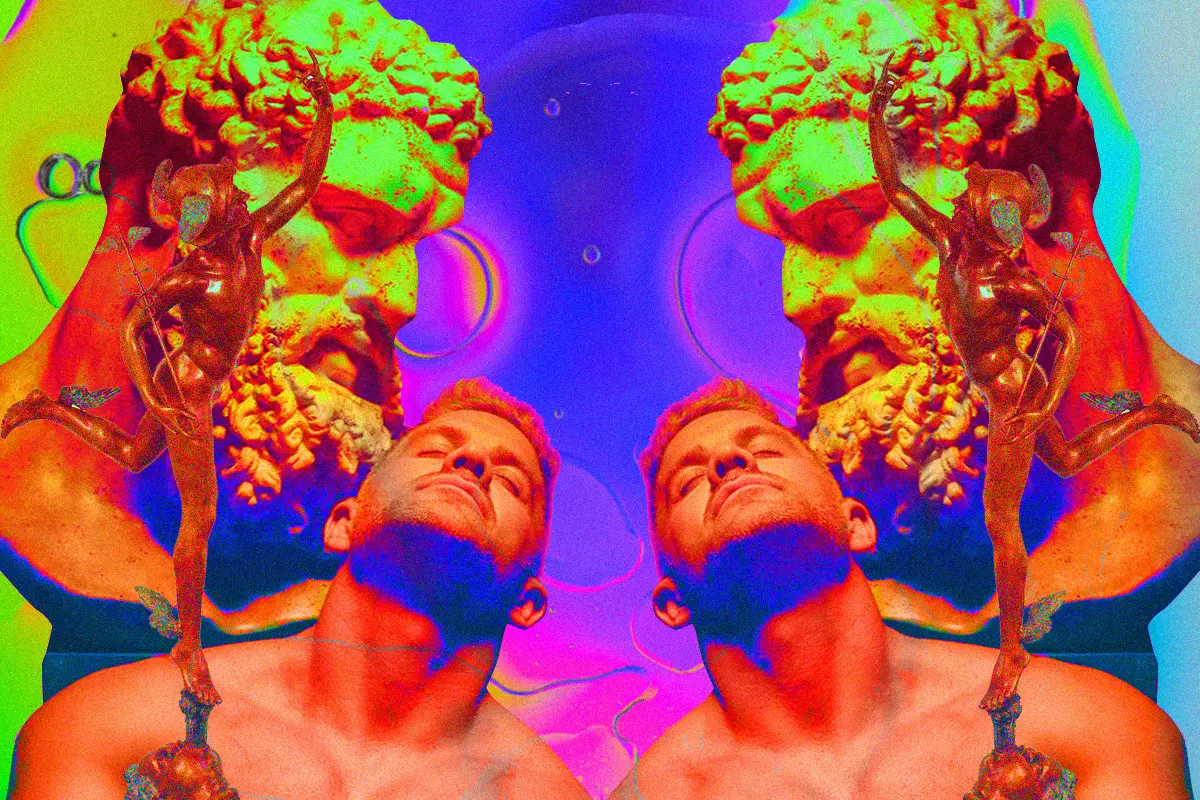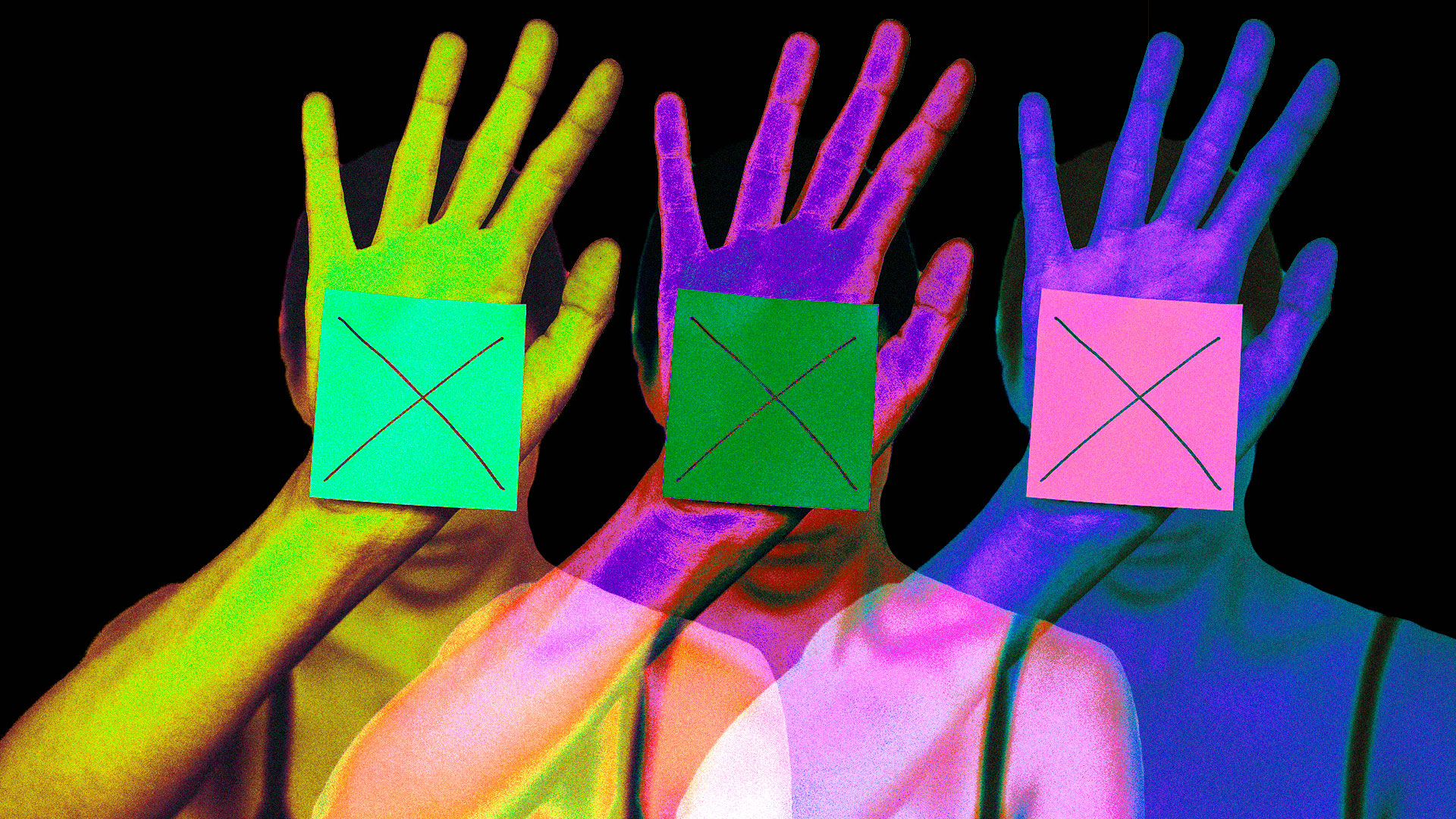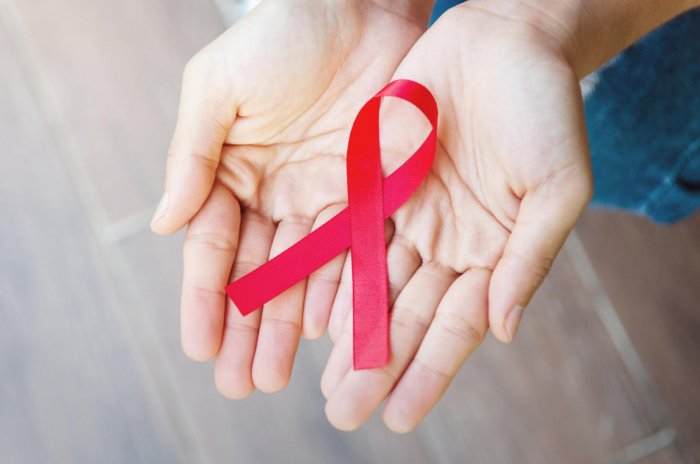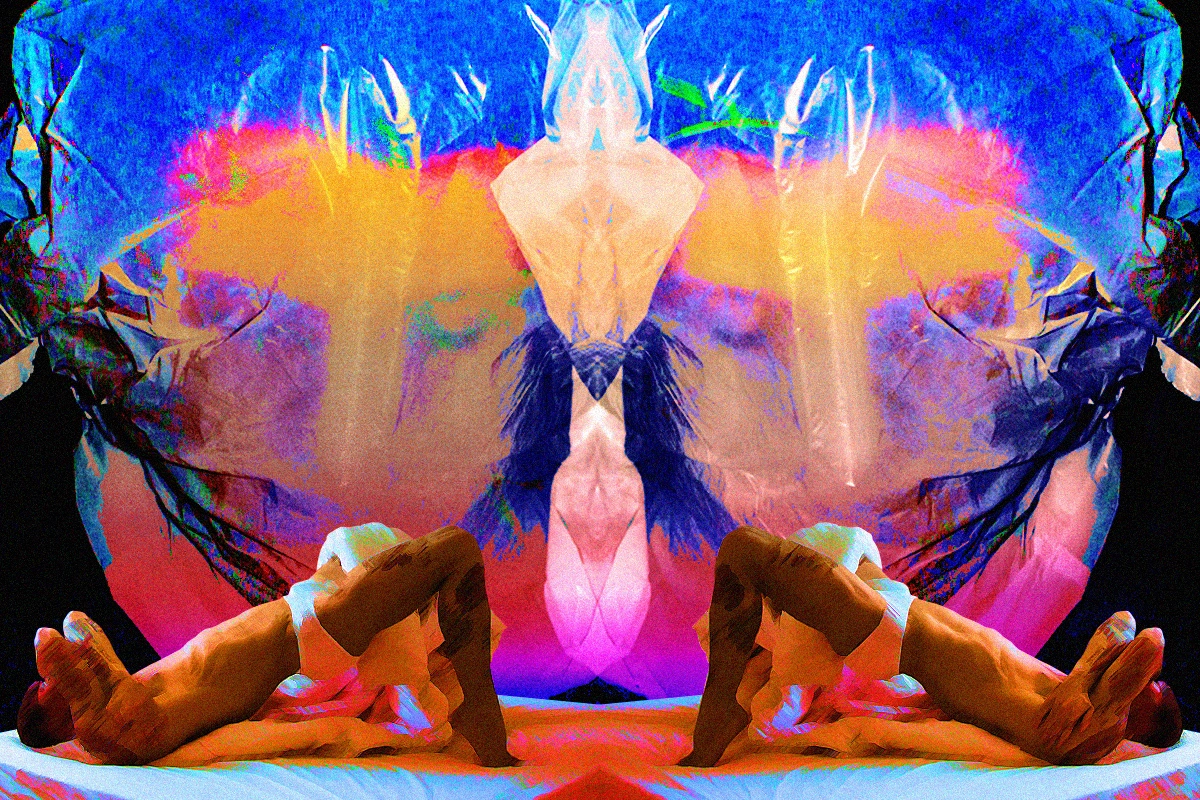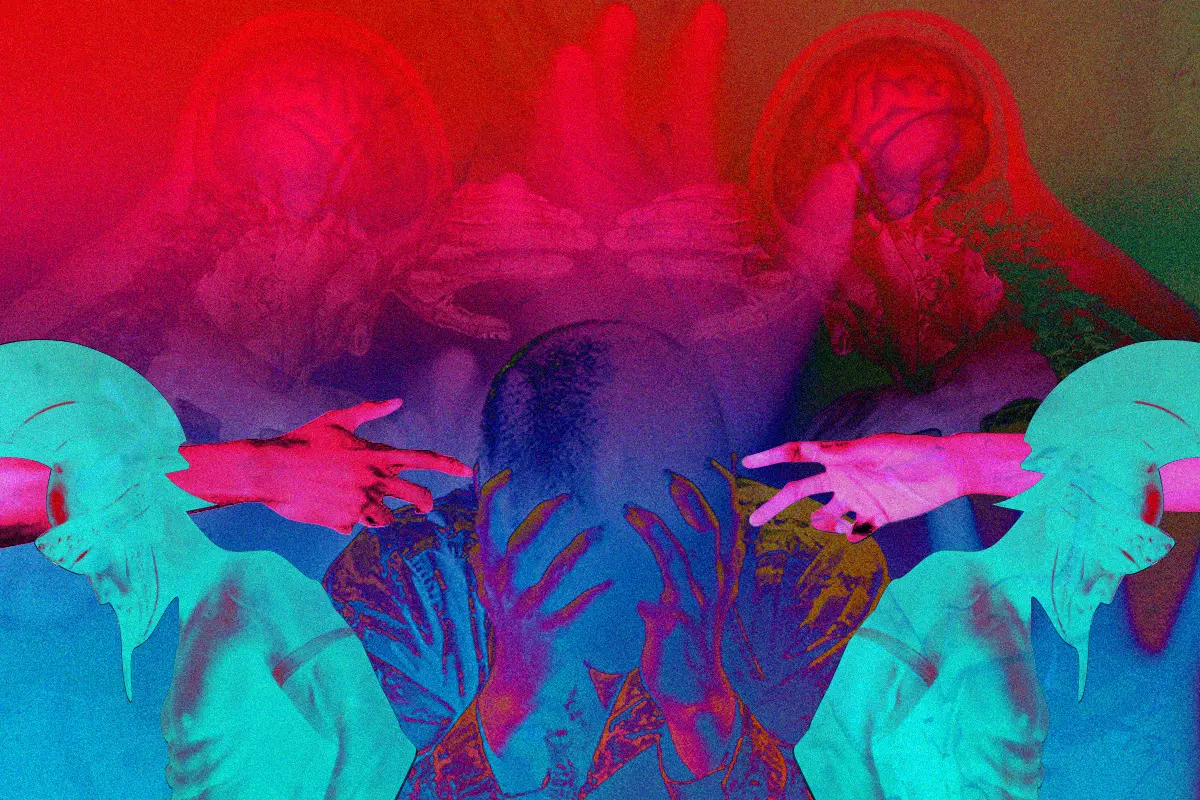Anxiety treatment and therapy
8605
Stress and Post-traumatic Stress treatment and therapy

Written by Dr.Deyn on 28 June 2016, last reviewed and updated on 22 July 2022
Anxiety treatment and therapy
Anxiety disorders are prevalent, affecting around 6% of the population with some form of mental anxiety.
Experiencing anxiety often involves a persistent sense of worry, overthinking, stress, and fear of judgment. It can strike anyone without any apparent reason, and the ongoing sense of apprehension and nervousness tends to intensify over time. At times, the urge to break down and cry can become overwhelming.
Anxiety can sometimes mimic symptoms of ADHD, leading to restlessness and difficulty concentrating. The constant feeling of unease and dread upon waking can trigger a fight or flight response, making daily functioning challenging. This neurosis, characterized by intense feelings of fear or anxiety, can arise from trivial matters and may even lead to irrational thoughts, such as the desire to quit one’s job or thoughts of self-harm.
Anxiety has the potential to disrupt our lives significantly, negatively impacting work performance and personal relationships, leaving individuals feeling frustrated and yearning for relief.
Book Your Appointment Today!
Contact us at info.bkk@pulse-clinic.com or chat on your preferred platform:
![]() +66 65 237 1936
+66 65 237 1936  @PULSEClinic
@PULSEClinic ![]() PulseClinic
PulseClinic
Anxiety: What’s Normal and What Isn’t
Feeling anxious in certain situations is a normal response. When the stakes are high and performance is essential, anxiety can help prepare our bodies for action.
However, if anxiety lasts for a long time and interferes with your daily life, you may be experiencing an anxiety disorder.
Anxiety disorders can significantly impact both mental and physical health, but they can be managed effectively with the support of a psychiatrist, psychologist, or counselor.
Trust PULSE CLINIC to take care of your health like other 45000 people from over 130 countries. We provide discreet professional service with high privacy. Here to help, not to judge.
Add us on Line and stay in touch.
Loading...
Clinic Locations
Loading...


